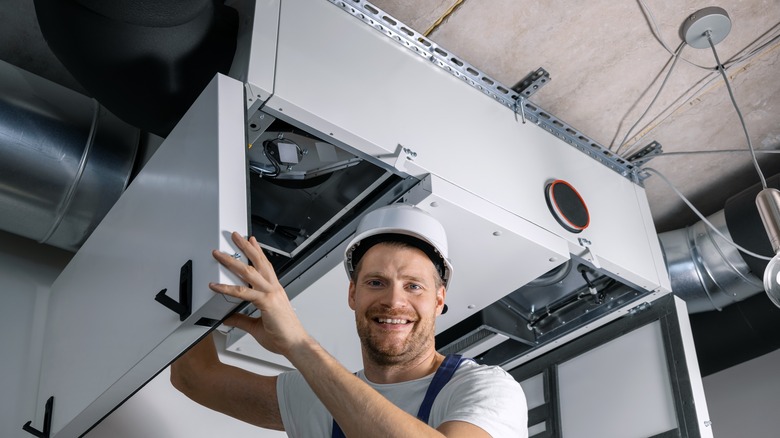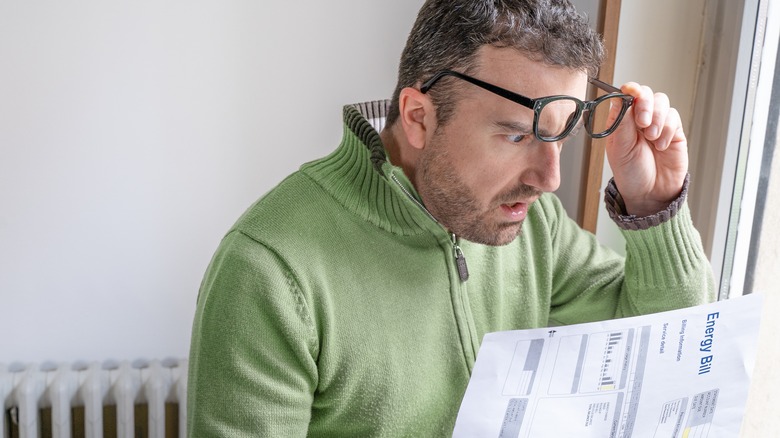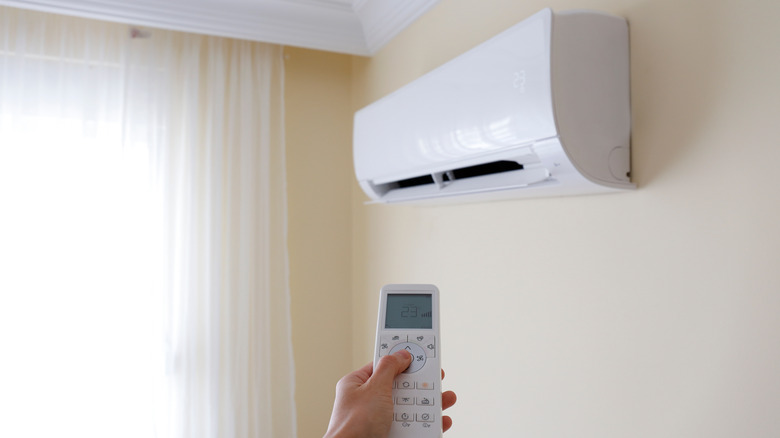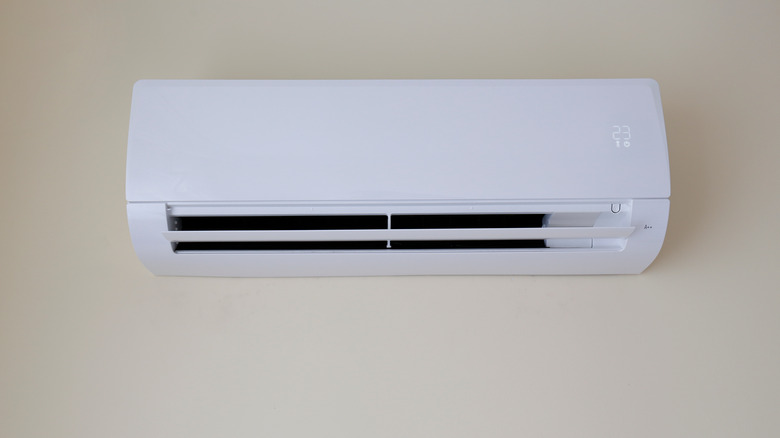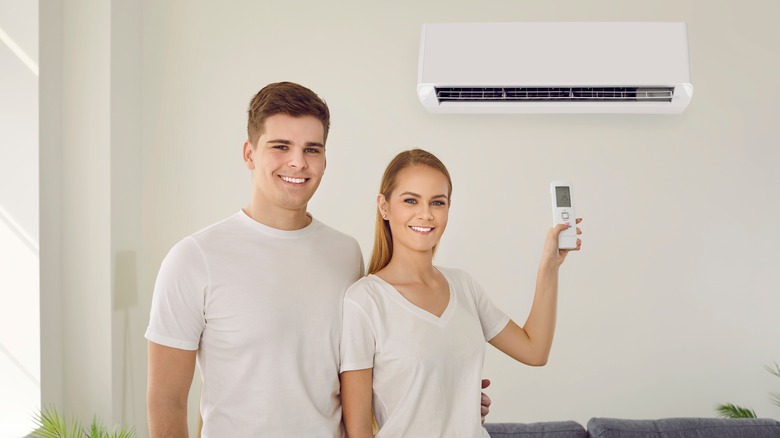4 Reasons You Should Have Your HVAC System Checked Annually
Let us start with a brief definition. HVAC, which stands for "heating, ventilation, and air conditioning," is the system responsible for helping you maintain a comfortable temperature in your home. It is also in charge of providing optimal air quality and energy efficiency.
A lot of people ask why it is important to maintain an HVAC system, and we'll answer it with an analogy. Look at it this way: If you bought a new car, there's no way you would ignore all the regular checkups and service maintenance needed, right? During a maintenance check, technicians will clean out the condensers and coils, check the overflow valves, tighten connections, and look for other problems — issues you probably won't know about until they cause an even bigger (and more expensive) pain.
Regular checkups help you spot troubles beforehand and save you the trouble of calling someone in for emergency repairs when the system breaks down. It also saves you a lot of money because while an annual inspection can cost $100 to $200, a major HVAC outage repair will be anywhere from $160 to $1,500 or more, per Shipton's.
A well-maintained HVAC unit should last 10 to 25 years, so keep reading to find out how you can make it live to that threshold. In this article, we will be discussing all the reasons why you should maintain your HVAC system annually.
1. Lower energy bills and power problems
Well, since it would require a lot more energy to heat or cool your home to the level you are comfortable with just because the system is not working at full efficiency, boom! Higher bills. Going back to the fictional car we just bought — regular maintenance on your automobile will result in improved mileage, while otherwise, it would not.
If you notice you're paying more for your utilities this year, your unit probably needs cleaning and maintenance. GreenMatch says that you spend less on energy if your home is properly insulated and your HVAC unit operates at full efficiency.
Like any other mechanical equipment, there are components inside your HVAC system that have a shelf life — and (shocker!) it costs money to replace them. This includes the parts that deliver power and the wires that keep things running smoothly and efficiently. Without them, your HVAC system would be as good as done.
When you neglect these components and the smaller issues with them that can be solved during routine maintenance, they will quickly turn into expensive, big problems. From power fluctuations to frequent shutdowns, a complete breakdown can occur anytime (via Rep Air). That leaves you forking over money when you really shouldn't have to.
2. Avoid catastrophes
Let's say it is the middle of winter, and you've been planning a family get-together for weeks but your HVAC breaks. In the best-case scenario, it's only a little uncomfortable, and everyone can survive by adding or removing a few layers. But, worst case scenario, you become a family of popsicles — and hypothermia is not a fun holiday game. Just ask Hiller.
The last thing you want is for your HVAC system to break down at crucial moments like this. We mean, isn't the whole point of having an HVAC unit to be able to rely on it to work at peak efficiency when you need it the most? It is certainly not for aesthetic purposes! According to David Leroy Plumbing, a regular maintenance plan reduces the chances of a catastrophic failure. It is also an excellent financial decision. Remember that $1,500?
That's not all. You see, one of the most dangerous consequences of failing to take care of your HVAC system is gas leaks. Say you have a furnace. Your furnace has a combustion chamber, where the gas is transferred and burned to generate heated air. Well, this combustion process will release carbon monoxide, a colorless, odorless, and toxic gas. You will have significant trouble if the exhaust becomes clogged because of a lack of maintenance. We'll save you the sermon, but carbon monoxide poisoning is deadly.
3. Equipment lasts longer
Remember our brand new car? Well, one of the main reasons you perform regular maintenance on it is that you want it to last a long time and give you the best return on your investment. If you have plans to resell it, no one would want it if it's in a bad condition.
The same goes for HVAC systems. For a machine that should last at least 10 years, do you want to replace yours every three or four years because you neglected maintenance and had a breakdown related to wear and tear? You could have prevented that. A regular maintenance plan will have your equipment last longer and reduce the chances of buying a new system before you have gotten the most out of the current one.
To keep it simple, the better you maintain your unit, the longer it will be able to serve you. Considering the obscene amounts people spend on installing HVAC units and the economy right now, it makes sense to want to keep yours operating at tip-top shape for many years. Moreover, an efficient HVAC system will cost less to run. For example, dirty or unmaintained units require 20% more energy to generate the same cooling or heating level as a perfectly maintained AC unit, Cielo says.
4. Better air quality
I'm sure we all know how electronics like the TV naturally draw in the dust when you're not looking. The same thing happens to the HVAC: If you don't clean and dust off its components, you will inhale that dirt. You'll have a big mess on your hands when it all piles up and circulates throughout the home.
Between gas leaks, mold, and palpable amounts of dust, your entire family will breathe easier when you choose to be proactive with your HVAC system maintenance. The United States Environmental Protection Agency says that indoor air quality is especially vital if anyone in your family has asthma or allergies or you suddenly tend to get ill more often.
A well-repaired HVAC unit will not only keep your home cozy but will also limit problems with air quality. Cleaning your filters and coils equates to better breathing for the entire household. HVAC units that aren't well maintained are a magnet for bacteria, dirt, mold, and many other pathogens, and each of these can cause or significantly worsen respiratory problems for residents.
Also, have you ever stepped into someone's home and noticed it had a particular smell, as Home-Tech explains? While each house has a scent that the people living in it just can't detect — yes, even yours — there's a high chance that anything peculiar comes from an HVAC unit on its last days.
